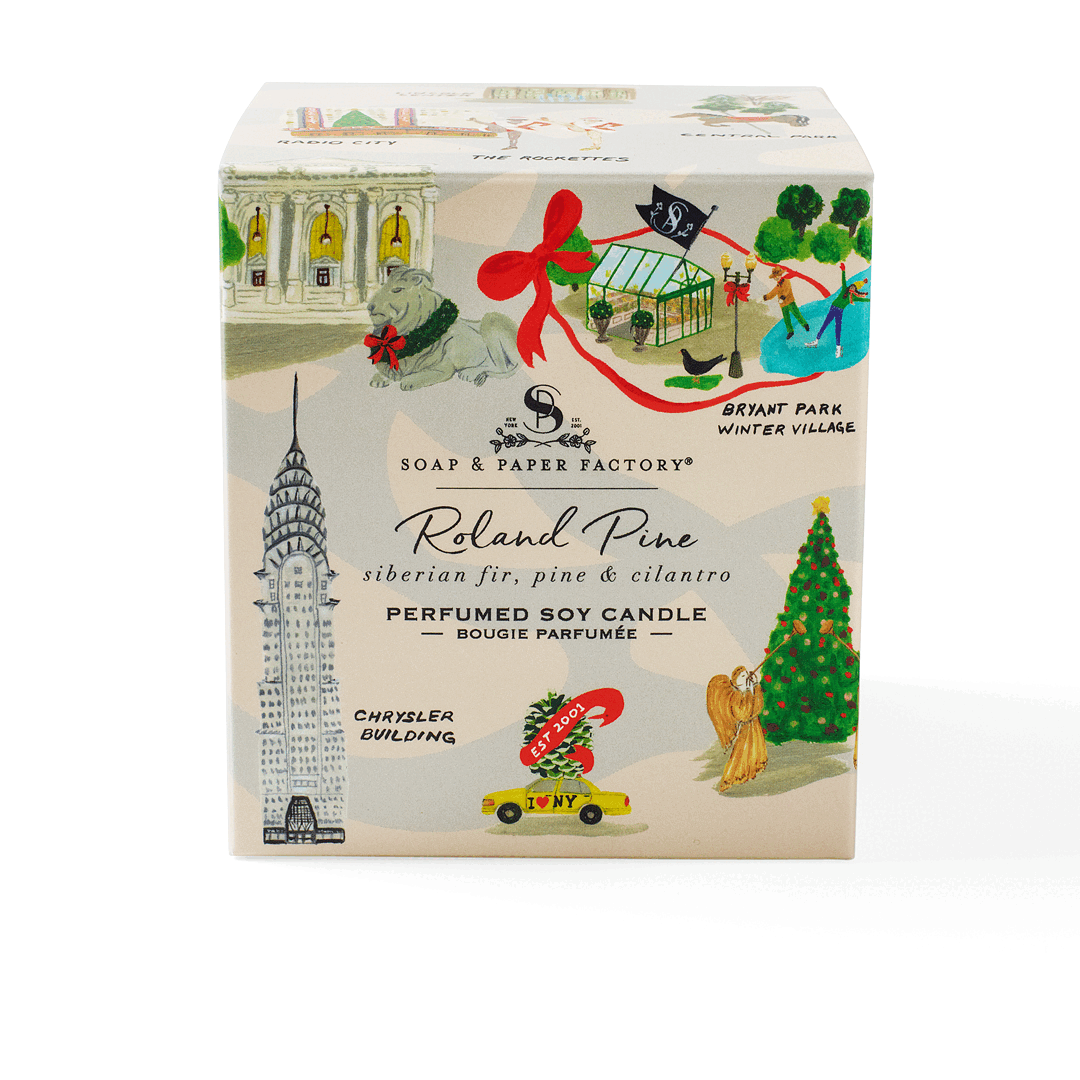Eco-Friendly Packaging and the Importance of Sustainability
In today's environmentally conscious world, the importance of eco-friendly packaging cannot be overstated. As consumers increasingly prioritize sustainability and ethical consumption, businesses are recognizing the need to minimize their environmental impact by adopting environmentally friendly packaging solutions.
Packaging plays a significant role in the environmental footprint of products, contributing to pollution, waste generation, and resource depletion. Traditional packaging materials, such as plastic, styrofoam, and non-recyclable materials, often end up in landfills or pollute oceans and waterways, posing a threat to ecosystems and wildlife. Additionally, the production and disposal of packaging contribute to greenhouse gas emissions and exacerbate climate change.
Packaging that is eco-friendly offers a sustainable alternative to traditional packaging materials, minimizing environmental harm and promoting responsible consumption. Some key reasons why packaging that is not harmful to the environment is important include:
Resource Conservation
Ethical packaging utilizes renewable, recyclable, or biodegradable materials that minimize the depletion of natural resources. By reducing reliance on finite resources like fossil fuels and virgin plastics, environmentally friendly packaging helps preserve ecosystems and biodiversity.
Waste Reduction
Packaging that is eco-friendly is designed to minimize waste generation and promote recycling and composting. Biodegradable and compostable packaging materials break down naturally, reducing the burden on landfills and mitigating pollution. Additionally, recyclable packaging materials can be reused or repurposed, further extending their lifespan and reducing environmental impact.
Consumer Preference
As consumer awareness of environmental issues grows, there is a growing demand for eco-friendly products and packaging. Businesses that prioritize sustainability and offer packaging that is environmentally friendly packaging options are more likely to attract environmentally conscious consumers and build brand loyalty.
Regulatory Compliance
Governments and regulatory bodies are increasingly implementing policies and regulations to address environmental concerns related to packaging waste and pollution. Businesses that adopt ethical packaging practices may benefit from regulatory compliance and avoid potential fines or penalties associated with non-compliance.
In addition to environmental benefits, clean packaging offers several advantages for businesses, including:
Brand Reputation
Adopting ecofriendly packaging demonstrates a commitment to environmental stewardship and corporate social responsibility, enhancing brand reputation and credibility among consumers.
Cost Savings
While earth-friendly packaging materials may have higher upfront costs compared to traditional materials, businesses can realize long-term cost savings through reduced waste disposal fees, lower shipping costs (due to lighter weight), and potential tax incentives or grants for sustainable practices.
Innovation and Differentiation
Packaging that is not environmentally harmful encourages innovation and creativity in product design and packaging solutions. Businesses that invest in sustainable packaging innovations can differentiate themselves in the market, attract environmentally conscious consumers, and gain a competitive edge.
Supply Chain Resilience
The use of packaging that has no harmful effect on the planet can enhance supply chain resilience by reducing dependence on finite resources, minimizing supply chain disruptions due to regulatory changes or resource shortages, and improving long-term business sustainability.
Implementing packaging practices that are eco-friendly requires careful planning, collaboration, and investment. Some strategies for businesses to consider include:
Material Selection
Choose packaging materials that are renewable, recyclable, biodegradable, or compostable, such as recycled paper, cardboard, bioplastics, and plant-based alternatives.
Optimized Packaging Design
Design packaging to minimize material usage, optimize product-to-package ratio, and maximize space efficiency during transportation and storage. Consider lightweighting, downsizing, or eliminating unnecessary packaging components to reduce environmental impact.
Lifecycle Analysis
Conduct a lifecycle analysis of packaging materials to evaluate environmental impacts across the entire supply chain, from raw material extraction and production to distribution, use, and disposal. Identify opportunities for improvement and prioritize materials with lower environmental footprints.
Supplier Collaboration
Collaborate with suppliers to source sustainable packaging materials, promote transparency and traceability in the supply chain, and support ethical and environmentally responsible practices.
Consumer Education
Educate consumers about the benefits of eco-friendly packing, recycling best practices, and proper disposal methods. Provide clear labeling and communication on packaging materials, recycling instructions, and environmental certifications to empower consumers to make informed choices.
Eco-friendly packaging is essential for reducing environmental impact, promoting sustainability, and meeting the growing demand for responsible consumption. By prioritizing responsible packaging practices, businesses can enhance brand reputation, reduce costs, drive innovation, and contribute to a more sustainable future. Embracing this type of packaging is not only a smart business decision but also a moral imperative to protect the planet for future generations. Together, let's embrace sustainability and make a positive impact through eco-friendly solutions.

